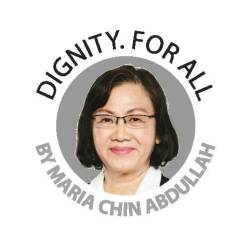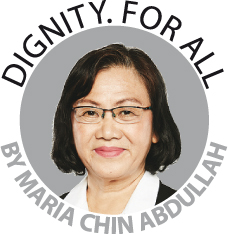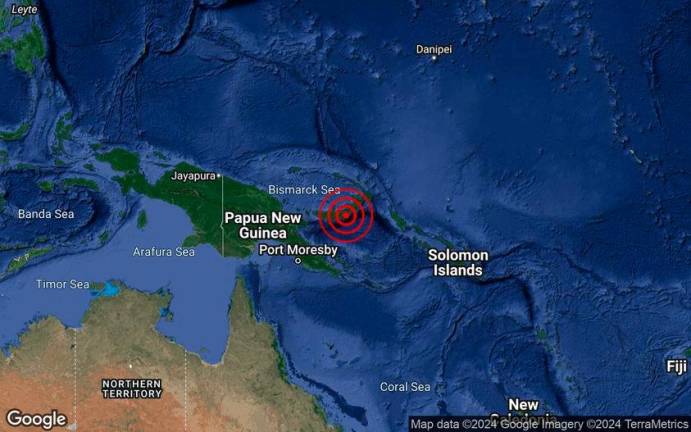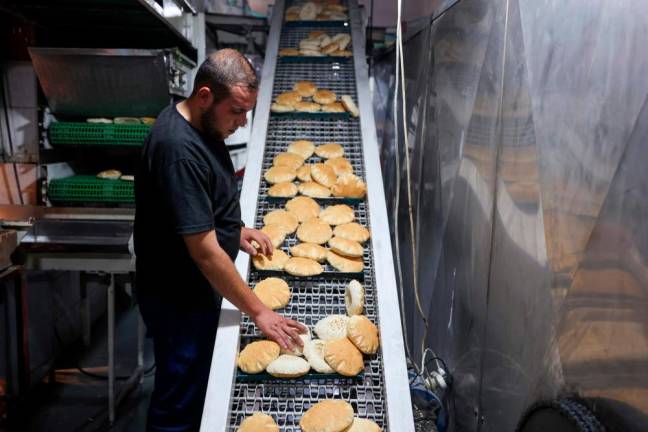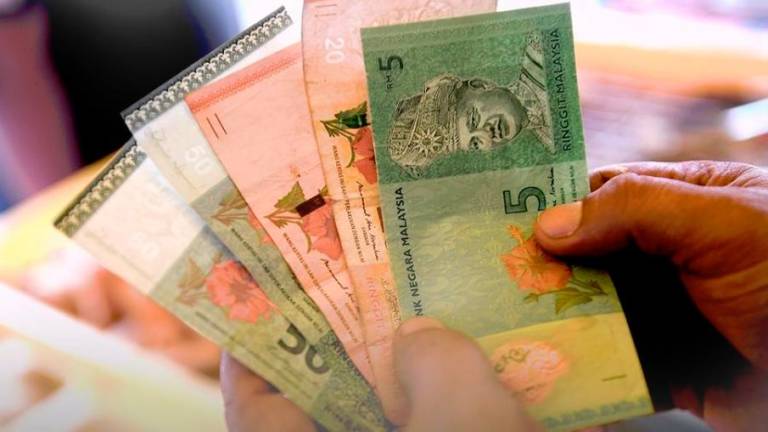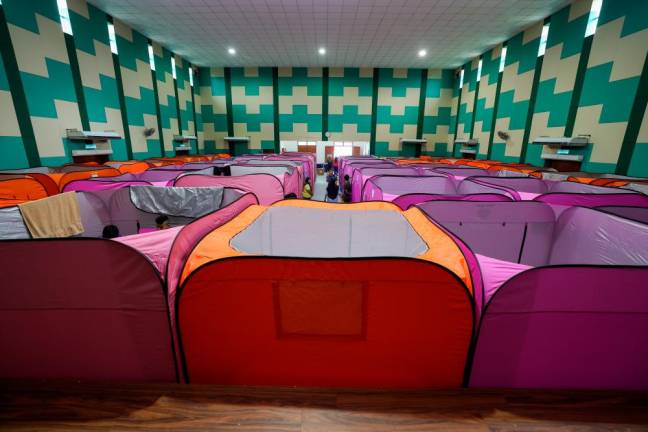ABOUT six months ago Malaysians were shocked by news that two Filipino toddlers were detained for 20 days at Bukit Jalil Immigration Detention Centre. The undocumented toddlers were in the care of a relative. Their mothers had valid visas but were not at home at the time of the detention.
However, this is not the first time that young children have been detained. In 2007, six babies were arrested together with 25 adults and held for up to four weeks for not having valid immigration documents.
Such detention raises worrying issues. In 2018, it was reported that 1,000 children had been detained in Malaysia either with their families or with unknown adults. It is of concern that the reported deaths in Malaysian detention centres stood at 83 cases in 2015 and 35 cases in 2016.
The Malaysian Immigration Act does not distinguish between a refugee and an immigrant, thus refugees and asylum seekers are sometimes detained in the immigration holding facility. Detention by default gets extended to children and babies.
Detention of children and babies needs to be seen in the context of a lack of clear policy direction on refugees and asylum seekers. According to Asylum Access Malaysia, as of the end of April 2019, there are some 170,460 refugees and asylum-seekers registered with UNHCR in Malaysia.
Malaysia has no legal or administrative framework that recognises and governs the rights of refugees and has yet to ratify the 1951 Convention Relating to the Status of Refugees (Refugee Convention) or the 1967 Protocol Relating to the Status of Refugees. Without such a framework, refugees are denied legal protection and are treated as “illegal immigrants” making them vulnerable to abuse and corruption.
As a result of a lack of protection space, refugees and asylum seekers face challenges in accessing basic rights. There are 170,460 refugees and asylum seekers whose right to education, housing and work we are obliged to protect.
The children’s lack of access to formal education is in violation of the Convention on the Rights of the Child, which states:
Article 28 1. States Parties recognize the right of the child to education, and with a view to achieving this right progressively and on the basis of equal opportunity ...
Article 22 1. States Parties shall take appropriate measures to ensure that a child who is seeking refugee status or who is considered a refugee in accordance with applicable international or domestic law and procedures shall, whether unaccompanied or accompanied by his or her parents or by any other person, receive appropriate protection and humanitarian assistance in the enjoyment of applicable rights set forth in the present Convention and in other international human rights or humanitarian instruments to which the said States are Parties.
Asylum Access Malaysia claims that less than 30% of over 30,000 refugee children have access to some form of education via informal community-based or NGO-run learning centres. Refugees and asylum seekers must have the right and access to safe, affordable and quality healthcare.
Even at government-run hospitals the costs are sometimes too high and beyond the financial ability of refugees. Children and babies should not be detained with or without adults. Alternative service centres to accommodate these children need to be set up and the government can work together with NGOs that are already offering such services.
Ultimately, refugees and asylum seekers have to be given jobs so that they not only overcome the lack of financial support but will help to give hope to those who are caught in a seemingly bottomless poverty pit. With jobs, there is money in their pockets to put food on the table for their families, access to proper health care, and importantly their children can have education. Will providing these basic services take away the rights of us locals? Definitely not as their numbers are small and they are transient. Yet it reflects dignity and compassion on our part if we were to extend the Malaysian warmth and generosity to our guests.
Therefore, some provisions in Malaysia’s laws must either be reinterpreted or amended in light of granting refugees permission to work. These include the Immigration Act 1955/63, Industrial Relations Act 1967, Employment Act 1955 and Employment (Restriction) Act 1968.
Comprehensive policies and laws to manage and protect the refugees, especially in getting them healthcare and education must also be put into place. Otherwise these marginalised groups will continue to be exposed to arrests, harassment and extortion of money by authorities or others. A concern that I will always have is for the vulnerable women and girls who have to endure sexual harassment and sexual violence, carried out by those seeking to take advantage of their vulnerability.
NGOs have called for the establishment of a multiagency committee to set the guidelines and advocate for better policies and laws on governance and protection of refugees and asylum seekers’ rights. Only by taking steps to regularise their movement and provide them access to basic services will their plight be minimised. Registering refugees and allowing them to work will help to make them self-sufficient as well as minimise the government’s expenditure. It is a win-win solution and Malaysia will have much to gain as a nation that believes that no one should be left behind.
Comments: letters@thesundaily.com



